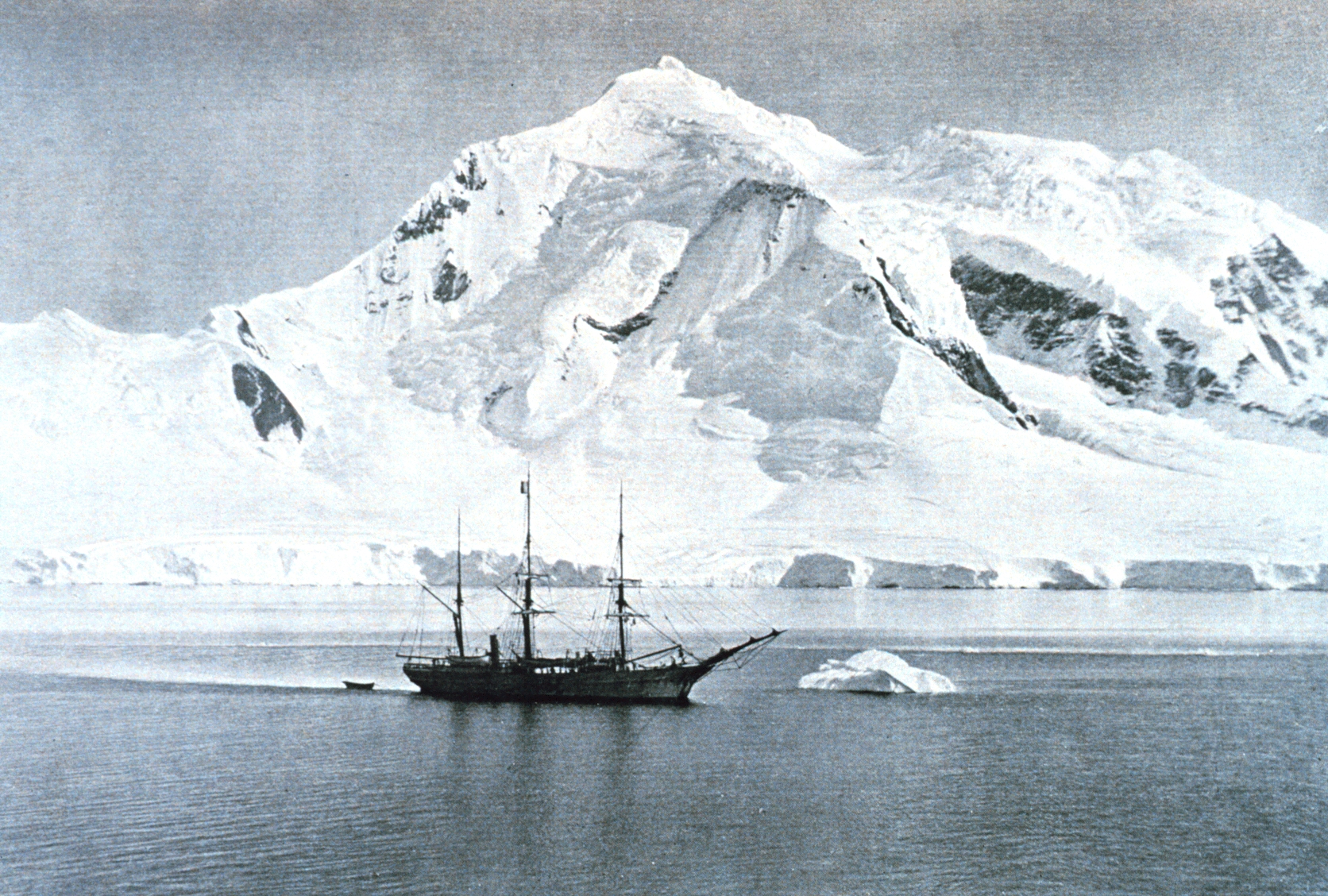|
RV Belgica (1884)
''Belgica'' was a barque-rigged steamship that was built in 1884 by Christian Brinch Jørgensen at Svelvik, Norway as the whaler ''Patria''. In 1896, she was purchased by Adrien de Gerlache for conversion to a research ship, taking part in the Belgian Antarctic Expedition of 1897–1901, becoming the first ship to overwinter in the Antarctic. In 1902, she was sold to Philippe, Duke of Orléans and used on expeditions to the Arctic in 1905 and from 1907 to 1909. In 1916, she was sold and converted to a passenger and cargo ship, serving Spitsbergen from the Norwegian mainland under the name ''Isfjord''. In 1918, she was sold and renamed ''Belgica'', being converted to a factory ship. Requisitioned by the British in April 1940, she was used as a depôt ship, being scuttled when the Franco-British Expeditionary Force evacuated Harstad in northern Norway. In 2007, plans to build a modern replica of ''Belgica'' were announced. Description The ship was long, with a beam of and a d ... [...More Info...] [...Related Items...] OR: [Wikipedia] [Google] [Baidu] |
Barque
A barque, barc, or bark is a type of sailing ship, sailing vessel with three or more mast (sailing), masts having the fore- and mainmasts Square rig, rigged square and only the mizzen (the aftmost mast) Fore-and-aft rig, rigged fore and aft. Sometimes, the mizzen is only partly fore-and-aft rigged, bearing a square-rigged sail above. Etymology The word "barque" entered English via the French term, which in turn came from the Latin language, Latin ''barca'' by way of Occitan language, Occitan, Catalan language, Catalan, Spanish, or Italian. The Latin ''barca'' may stem from Celtic language, Celtic ''barc'' (per Rudolf Thurneysen, Thurneysen) or Greek ''baris'' (per Friedrich Christian Diez, Diez), a term for an Egyptian boat. The ''Oxford English Dictionary'', however, considers the latter improbable. The word ''barc'' appears to have come from Celtic languages. The form adopted by English, perhaps from Irish language, Irish, was "bark", while that adopted by Latin as ''barca ... [...More Info...] [...Related Items...] OR: [Wikipedia] [Google] [Baidu] |

